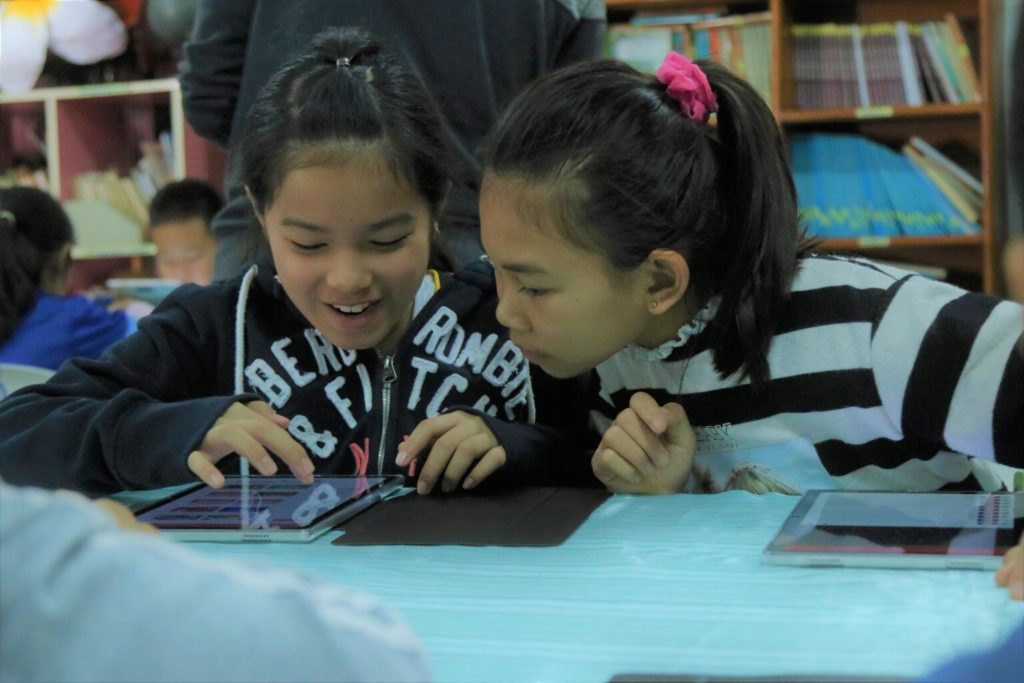3.7 billion people in the world do not have access to the Internet. This translates into exclusion, lack of access to information, fewer resources to learn and to grow, and limited opportunities for the most vulnerable children and youth to fulfil their potential. The COVID-19 pandemic has severely impacted learning globally, exponentially affecting children and young people. In many countries across Asia and the Pacific, children had to rely on low tech distance learning solutions due to the lack of connectivity.
Since its launch in 2019, Giga has made significant progress in its effort to connect every school on the planet to the Internet and every young person and their communities with access to information, opportunity, and choice. Giga is now active in 19 countries across three regions: Central Asia, Latin America and Eastern Caribbean, and Sub-Saharan Africa. Giga is exploring implementation in Asia and the Pacific, holding early stage discussions with Bangladesh, Bhutan, Fiji, Indonesia, Mongolia, Pakistan, Papua New Guinea, the Philippines, Vanuatu, and Viet Nam.
This report examines the feasibility of these countries participating successfully in the Giga initiative and realizing its potential. The report also elaborates on the four pillars of Giga (Map, Finance, Connect, and Empower) and examines use cases from potential Giga participating countries and from other countries in the region to demonstrate the feasibility of Giga, while providing a guide for implementation.
The report emphasizes the importance of a comprehensive approach for mapping school connectivity that engages a wide range of stakeholders, and that encourages leveraging existing government policies to deliver greater connectivity, including effectively utilizing Universal Service Obligations (USOs) and Universal Service Funds (USFs) to connect schools. The report also highlights the importance of digital skills and how education ministries could help generate the conditions for long-term connectivity in disadvantaged communities and rural and remote regions.
As an increasing number of schoolchildren join the digital community for the first time through school connectivity initiatives, such as Giga, the report also emphasizes the importance of online child protection and digital literacy programmes that help protect children online.
This report intends to serve as a resource foundation for the development of Giga in the Asia Pacific region. It also identifies best practices and models to connect schools, local political and economic challenges that need to be navigated, as well as quick wins and a pathway forward for target countries.

